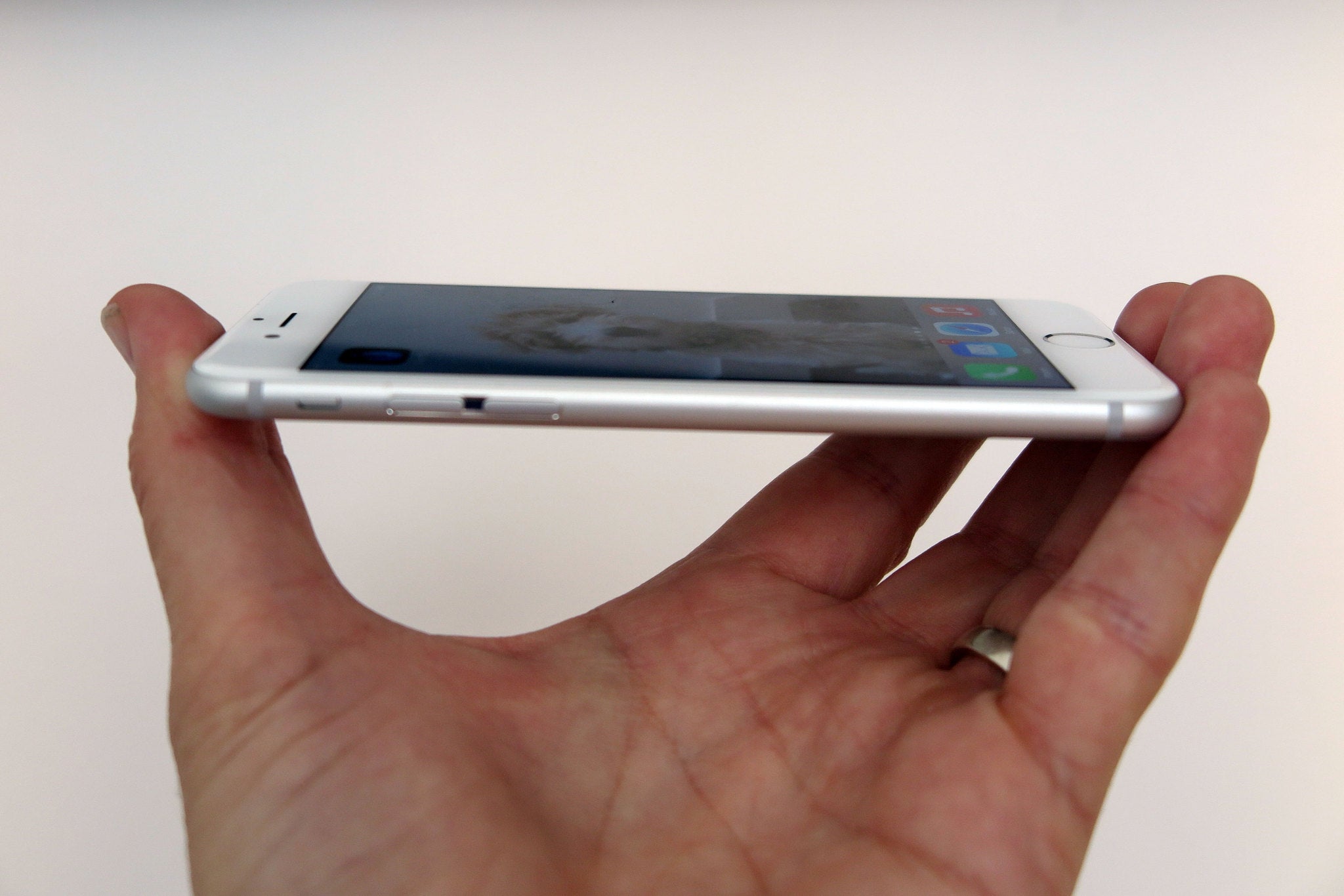Your support helps us to tell the story
From reproductive rights to climate change to Big Tech, The Independent is on the ground when the story is developing. Whether it's investigating the financials of Elon Musk's pro-Trump PAC or producing our latest documentary, 'The A Word', which shines a light on the American women fighting for reproductive rights, we know how important it is to parse out the facts from the messaging.
At such a critical moment in US history, we need reporters on the ground. Your donation allows us to keep sending journalists to speak to both sides of the story.
The Independent is trusted by Americans across the entire political spectrum. And unlike many other quality news outlets, we choose not to lock Americans out of our reporting and analysis with paywalls. We believe quality journalism should be available to everyone, paid for by those who can afford it.
Your support makes all the difference.Around the world right now, millions of people are excitedly downloading Apple’s new software for iPhone and iPad, iOS 8. It comes with a bunch of shiny new features, from sharing apps with family members to infinitely better search capabilities, all of which can be sure to astound and delight.
But there’s one group of people who are less happy about this update from Cupertino. And that’s the people whose apps are about to fade into obscurity.
With every major update, Apple adds new native apps and functionality. Which is great for the user; more of the features you want are right there, built into your phone, and, because it’s Apple, they ‘just work’. But if you work for a third-party company that was already providing that functionality, suddenly you’re in danger of finding yourself out of a job.
Imagine you’re an app developer. You’re using the iPhone’s camera, and you notice it doesn’t have a timer (which, inexplicably, it didn’t have until yesterday). So you build a camera app that does have a timer, release it on the App Store, and see a steady trickle of revenue as iPhone users everywhere find themselves sharing your lack-of-native-timer plight. Then, one day, that revenue abruptly stops. Apple have added a timer to their camera app, so no one has any need for yours. Your business is no more.
Hold on, I hear you say - if you’re going to base your livelihood on something as easily replicable as a timer app, you’re asking for trouble. If there’s a simple feature that Apple could implement in pretty much no time, you’ve got to assume that, at some point, they’ll get round to it.
But it’s not just small, simple apps that can be suddenly struck down by Apple entering the fray. One of the biggest announcements Tim Cook made at the iOS8 launch event was Apple Pay, which will let you pay for things just by waving your iPhone, or even your Apple Watch, at the cashier. While this may well spell the death of the wallet and shave valuable seconds off your next cheese sandwich purchase, it received an understandably lukewarm reception from PayPal, who resorted to a fairly weak response in the New York Times. You can understand their concern - they’ve spent years building a great business, only to find the behemoth that is Apple potentially on the verge of sweeping them into irrelevance. Could they have predicted that Apple would decide to get into the payments market? After almost 40 years of Apple as a hardware firm, they can be forgiven for missing the signs.
It’s not just Apple who have the ability to pull the rug from under startups’ feet. A friend of mine founded Bundll, a mobile app for sharing with private groups of family and friends. Just two days ago, he woke up to the leaked news that Facebook are working on something similar - same premise, same layout. Competition is good, but finding out that Zuckerberg and co. are entering the ring is never going to make your day. (You can help him out and stick it to the man by downloading Bundll here.)
There are a whole raft of problems that emerge from this environment in which big tech companies continually kill off smaller ones. First, it discourages innovation. Why create something useful now if Apple are just going to put their own version in iOS 10? I’ve lost count of the number of times someone has explained an idea for an app to me only to follow it up with a despondent “but what’s to stop Google doing the same thing?”
The Googles and Apples of the world are becoming more like conglomerates than anything else, offering swathes of different, unconnected services, able to imitate the efforts of smaller companies at a moment’s notice and beat them hands down because of their existing user base. There are real monopoly concerns here that need to be addressed, and you can bet they will be before the decade’s out.
But perhaps the biggest danger is what all this does to people’s ambitions. The pinnacle of achievement in startup circles is no longer creating a lasting, sustainable company on your own terms; it’s selling to one of the big players and being absorbed into their operation. This means the focus is on the quick sell, with the window-dressing of amassing users as quickly as possible given precedence over the hard graft that’s needed to build a viable business.
So, as you sit watching the progress bar on your iPhone inch closer to iOS 8 nirvana, spare a thought for the companies for whom that same bar is ticking down the seconds to oblivion. They say imitation is the best form of flattery - but, in the tech world, it can also be your death knell.
Ed Rex is Founder & CEO of Jukedeck, a London-based music startup.

Join our commenting forum
Join thought-provoking conversations, follow other Independent readers and see their replies
Comments